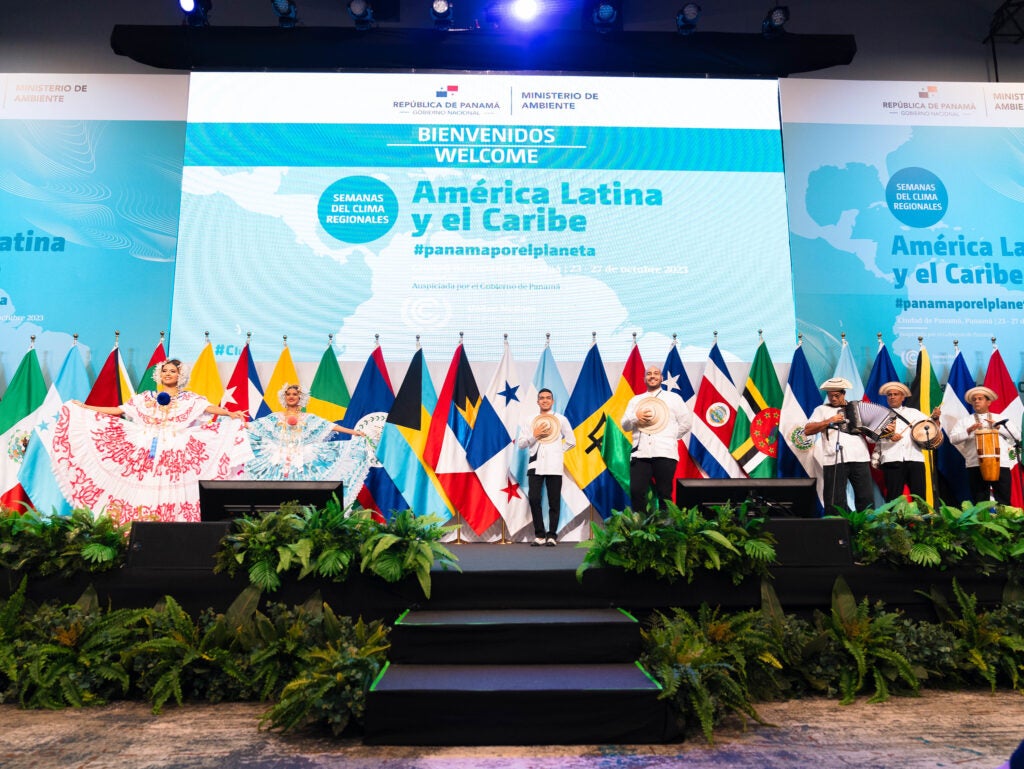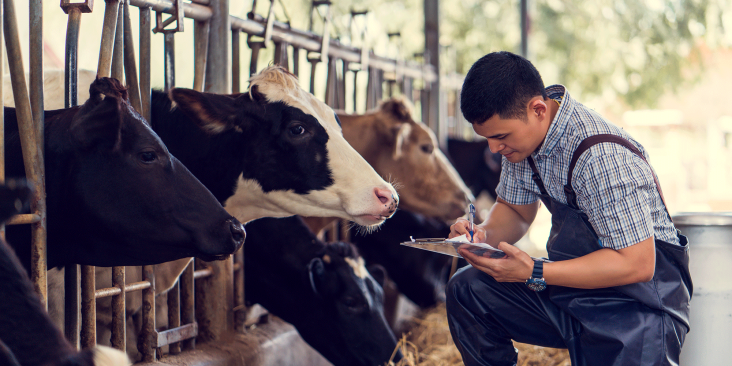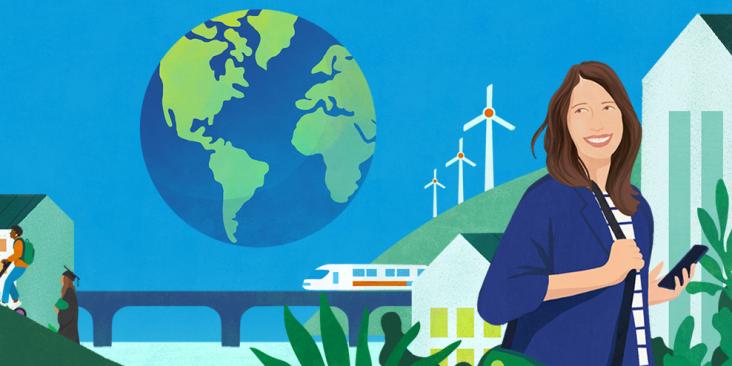This blog is co-authored by Sergio Sánchez, Senior Policy Director of Global Clean Air; Edgar Godoy, Associate Vice President of Jurisdictional Partnerships; Santiago Garcia, Indigenous Peoples and Local Communities Relationships Manager; and Erica Cunningham, AVP of Latin American Fisheries and Oceans.

Scene from the Latin America and the Caribbean Climate Week 2023 opening ceremony. UNclimatechange via Flickr.
This week leaders and climate stakeholders from throughout Latin America are meeting in Panama to discuss climate action, and the strategies and finance needed to climate-proof the continent. It’s not an easy task in a region facing multiple challenges, from political instability to insecurity to stunted economic growth in many countries.
Climate change is already making life even more challenging for many vulnerable people in Latin American and Caribbean. Communities throughout the region are grappling with sea-level rise and extreme weather events that occur more frequently. The largely man-made destruction of natural resources, like the Amazon rainforest, will intensify the impacts of climate change, and the impact of climate change is creating further pressure in the ecosystems and their degradation. Yet enforcement of conservation efforts alone is not enough for a problem that is economic in nature.
Mitigation and adaptation strategies will look different from country to country in this highly diverse and mega biodiverse continent. However, they all share some common threads: the need for climate finance, capacity building, and technology transfer, among others.
The opportunity for climate action
A successful climate strategy for Latin America will also solve other problems. Efforts to conserve the region’s rich natural ecosystems must happen alongside efforts to safeguard vulnerable communities against climate impacts. At Latin America and the Caribbean Climate Week, the region’s leaders and climate stakeholders will have the opportunity to collaborate and advance discussions on climate policies that address multiple issues for both mitigation and adaptation. Climate financing, both from rich countries and the private sector, will need to be scaled up for solutions to work.
EDF’s delegation at Climate Week will engage and collaborate with the region’s climate leaders from government, civil society, Indigenous and local communities and other stakeholders, on critical topics including clean air, forest conservation, food security, and resilient oceans and coastal communities.
Improving air quality
More than 500 million people in Latin America and the Caribbean breathe air exceeding World Health Organization pollution guidelines. Improving the air people throughout the region breathe will require action on several fronts. This includes reducing greenhouse gas emissions while enhancing health, welfare, and environmental justice across the region. Climate finance will be key.
In an effort to enhance regional collaboration to tackle air quality, EDF and the United Nations Environment Programme (UNEP) launched the Partnership to Improve Air Quality. The initiative looks to enhance regional understanding of the levels, sources, and health impacts of air pollution in Latin America to help arrive at high impact solutions to improve air quality management, strengthen regional cooperation, and secure funding.
During Latin America and the Caribbean Climate Week, EDF hosted the event Unleashing Clean Air Funding for Climate and Health Benefits featuring a discussion about clean air funding for climate and health benefits.
Reducing deforestation in collaboration with Indigenous Peoples and Local Communities
Natural ecosystems in Latin America face threats from land use, land-use change and forestry (LULUCF), illegal logging, and other extractive activities. Without dramatic action to halt deforestation, sites like the Amazon’s ecosystem, the world’s largest rainforest, faces the risk of permanently transforming into a savanna. Such a transformation would have dire consequences not only for the region’s communities and wildlife but also for the climate at a global level.
Reducing deforestation will only succeed with collaboration among countries, the private sector, and key environmental and Indigenous Peoples’ organizations. It will also require a strong political and economic commitment that allows the different initiatives to increase and expedite funding.
High-integrity carbon markets can significantly support the scaling up of natural climate solutions, including tropical forest conservation. To ensure the integrity of these approaches, it is essential to guarantee the implementation of social and environmental safeguards that allow Indigenous Peoples and local communities to have their voices heard in difference instances, such as the carbon market governance and decision-making mechanisms.
At Latin America and the Caribbean Climate Week, EDF and a coalition of Indigenous Peoples and Local Communities, forest country and regional governments and other stakeholders, will discuss the need for technical assistance and upfront financing to fulfill the requirements of jurisdictional REDD+ programs to ensure compliance with international standards and engagement with the voluntary carbon market.
Oceans for food and prosperity
Latin America holds some of the world’s most productive fishing grounds when considering the California Current in Mexico and the Humboldt Current in South America. These fishery products are critical to food security both locally and globally.
In addition, the Caribbean is one of the most vulnerable regions to climate change in terms of sea level rise, natural disasters, ocean acidification and coral reef die off.
With proper climate policies in place and capacity building for increased resiliency, coastal communities across the Pacific, Atlantic and Caribbean can diversify livelihoods, build up blue carbon solutions and ensure their fisheries and livelihoods can thrive in a climate impacted world.
EDF is working at the international level to catalyze and implement Sustainable Ocean Plans in Mexico and Chile, while also partnering at the grassroots level with fishers and local organizations to improve coastal communities’ ability to be resilient and ensure both food and economic security into the future.
Towards COP28 and beyond
The discussions from Panama will transition to the global stage at COP28 in Dubai, just over a month away, and the region needs to be ready to look at the global stocktake and devise new actions to bring us towards a climate resilient continent. The challenges facing Latin America, and opportunities to fund and implement solutions to overcome them, are not confined to the continent. Collaboration, innovation, inclusion and climate financing are key to driving climate action worldwide.









